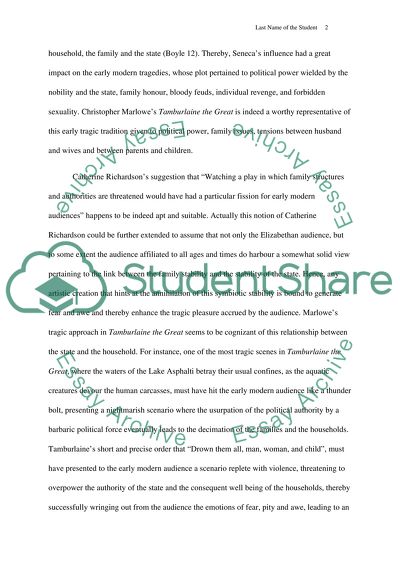Cite this document
(“Catherine Richardson suggests that early modern tragedies share an Essay”, n.d.)
Catherine Richardson suggests that early modern tragedies share an Essay. Retrieved from https://studentshare.org/literature/1462566-catherine-richardson-suggests-that-early-modern
Catherine Richardson suggests that early modern tragedies share an Essay. Retrieved from https://studentshare.org/literature/1462566-catherine-richardson-suggests-that-early-modern
(Catherine Richardson Suggests That Early Modern Tragedies Share an Essay)
Catherine Richardson Suggests That Early Modern Tragedies Share an Essay. https://studentshare.org/literature/1462566-catherine-richardson-suggests-that-early-modern.
Catherine Richardson Suggests That Early Modern Tragedies Share an Essay. https://studentshare.org/literature/1462566-catherine-richardson-suggests-that-early-modern.
“Catherine Richardson Suggests That Early Modern Tragedies Share an Essay”, n.d. https://studentshare.org/literature/1462566-catherine-richardson-suggests-that-early-modern.


